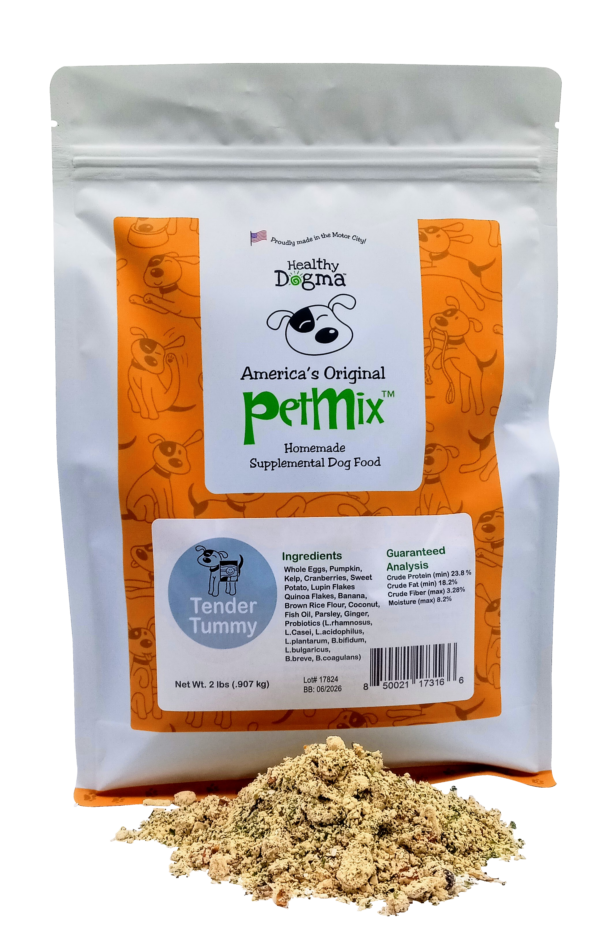What "Natural" Really Means
In today's supermarkets, terms like ‘natural’ and ‘organic’ are tossed around like Frisbees in a dog park. They're marketing buzzwords designed to sway shoppers towards one product over another. But what do these labels truly mean for your pet’s health?
When choosing food for your family, including your pets, vigilance is key. Avoid ingredients such as preservatives and other chemicals that could compromise your pet’s well-being. Look for recognizable ingredients—meats, vegetables, and fruits should be at the forefront. If you can’t pronounce an ingredient, it likely isn't ideal for your dog or cat; opt instead for higher-quality alternatives.
Be wary of foods listing wheat, corn, brewer’s rice, or other carbohydrates as primary ingredients (those listed first). Wheat and corn are common allergens for dogs, often causing symptoms like hot spots, itchy paws, and upset stomachs. If your dog shows these signs, scrutinize their food’s ingredients for potential allergens.
Moreover, ingredients like wheat, corn, and brewer’s rice often serve as mere fillers in dog food—chosen more for their affordability than nutritional value. They take up valuable space in your pet’s diet that could otherwise be filled with beneficial meats, fruits, and vegetables. Feeding these fillers can compromise your pet’s health, as dogs aren't naturally equipped to digest large amounts of grains. Over time, a grain-heavy diet may lead to various health issues and costly veterinary bills.
For the well-being of both you and your dog, carefully review food labels. Understand what’s best for your pet and ensure those elements are prominent in the ingredients list. Ensure that 'natural' isn't just a label on the bag, but a genuine standard in how the food is produced—this is the key to a happier and healthier dog.





















